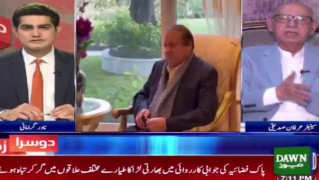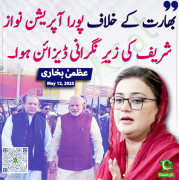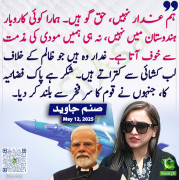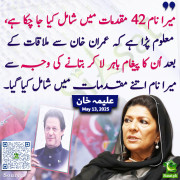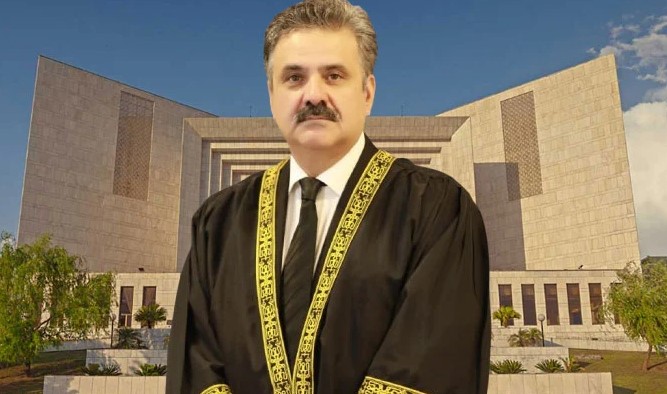[h=4]The Indian rupee's performance[/h]

India's battered rupee was the best performing global currency last month amid growing confidence that a currency crisis would be contained and as fears about the Federal Reserve tapering its quantitative easing program ebbed.
The rupee rose about 9 percent against the U.S. dollar in September, also outperforming major global currencies. The rise marks a surprising comeback after the rupee sank to a record low just shy of 70 per dollar in late August, earning it the title of the world's worst performing currency this year.
Worries about a wide current-account deficit, weak economic growth and disappointment at the slow pace of economic reforms all conspired against the currency at the time. Economic growth in India, Asia's third largest economy, for instance has eased to below 5 percent from a double-digit pace in 2010.
"The Reserve Bank of India's (RBI) new governor has been pro-active about supporting the rupee," said Kelly Teoh, market strategist at trading firm IG in Singapore, giving a reason for the rupee's rebound.
"The delay in Fed tapering is also helping and if that continues, we should see the rupee continue along this upward path," she said, adding that the rupee might rebound to the 58-59 per dollar area in the months ahead.
Fears about an unwinding in the U.S. monetary stimulus that pumped liquidity into financial markets in the wake of the global financial crisis have battered emerging markets in recent months. However, a surprise decision by the Federal Reserve not to start tapering its $85 billion-a-month asset-purchase program in September has given knocked-down assets a reprieve.
The rupee traded at about 61.94 per dollar late on Tuesday, up almost 10 percent from a record low set in August.
Since then, Raghuram Rajan, who took over as RBI Governor in early September, has helped shore up confidence. In one of his first actions as central bank chief, Rajan unveiled steps to liberalize financial markets and the banking system.
"In our view, the RBI will continue with the unwinding of the currency stabilization measures," Leif Lybecker Eskesen, HSBC's Chief Economist for India and ASEAN, said in a note.
http://www.cnbc.com/id/101097072




